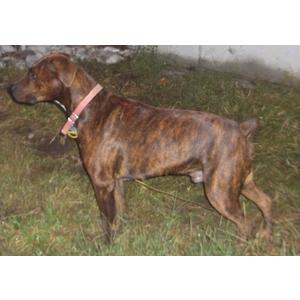Boxerman vs. Griffonese: Breed Differences and Similarities
Hypoallergenic
Are Boxermans or Griffoneses hypoallergenic, or neither?
Unfortunately, neither Boxerman nor Griffonese are hypoallergenic, which may not make them the best choice for dog lovers who suffer from pet allergies.
Temperament
What are the personalities of Boxerman and Griffonese dogs?
Playful
Energetic
Alert
Intelligent
Confident
Friendly
Obedient
Loyal
Fearless
Brave
Bright
Stubborn
Alert
Sensitive
Intelligent
Affectionate
Inquisitive
Aggressive
Selfish
Good-natured
Watchful
Companionable
Opinionated
Shedding Level
Do Boxermans shed more than Griffoneses, or which breed sheds more, Boxermans or Griffoneses?
Boxermans are moderate shedders, but regular brushing can reduce shedding and maintain coat health.
Griffoneses are low shedding dogs, requiring minimal coat care.
Watchdog Ability
Which dog breed makes a better watchdog, the Boxerman or Griffonese?
Boxermans are decent watchdogs - they'll alert their owner if something seems amiss.
Avoid Griffoneses as watchdogs - they're not effective.
Origin
What is the origin of Boxerman and Griffonese dog breeds?
United States
United States
Ancestry
What are the origins of Boxerman and Griffonese breeds?
Doberman Pinscher and Boxer
Brussels Griffon and Pekingese
Breed recognition
Which kennel clubs recognize/register Boxerman and Griffonese?
DRA = Dog Registry of America, Inc.
ACHC = American Canine Hybrid Club
DBR = Designer Breed Registry
DDKC = Designer Dogs Kennel Club
DRA = Dog Registry of America, Inc.
IDCR = International Designer Canine Registry®
Date of Birth
When were Boxerman and Griffonese breeds first developed?
Unknown
1990s
Litter Size
What is the usual litter size for Boxerman and Griffonese?
A Boxerman can have a litter of 6-10 puppies on average. However, it's worth noting that the size of the litters can vary greatly. Factors that can influence litter size include the health of the mother, breeding history, and genetics.
A Griffonese can have a litter of 2-4 puppies on average. However, it's worth noting that the size of the litters can vary greatly. Factors that can influence litter size include the health of the mother, breeding history, and genetics.
Adaptability
Boxerman and Griffoneses are known for their adaptability and versatility. They are capable of adapting well to a wide range of lifestyle changes and living environments, making them great companions for families and individuals of all lifestyles.
Health Issues
Between Boxerman and Griffonese, which breed is more prone to health problems?
The Boxerman and Griffonese breeds are commonly healthy with low vet costs, regular check-ups may not be as necessary but it's important to keep an eye on their health and have them checked by a veterinarian when needed.
Major Concerns
What are the major health concerns for Boxerman and Griffonese breeds?
Cardiomyopathy
Intervertebral Disc Degeneration
Subvalvular Aortic Stenosis
Von Willebrand's Disease
Degenerative Myelopathy
Cervical Vertebral Instability
Patellar Luxation
Brachycephalic Syndrome
Minor Concerns
What minor health issues should be kept in mind when owning Boxerman and Griffonese?
Ectropion
Cataracts
Color Dilution Alopecia
Corneal Dystrophy
Entropion
Cataracts
Lip Fold Pyoderma
Exposure Keratopathy Syndrome
Occasional Tests
What occasional tests are recommended for Boxerman and Griffonese breeds?
Eye
Blood
Heart
Skeletal
MRI
Eye Examination
Physical Examination
X-Rays
Eye Examination
Respiratory Tests
Skin Evaluation
Blood Tests
Energy
How do the energy levels of Boxermans and Griffoneses compare?
Boxermans are suitable for those with a balanced lifestyle as they have an average energy level.
Griffoneses have low energy levels, ideal for a relaxed lifestyle.
Social Needs
Boxerman vs Griffonese social needs comparison
Boxerman and Griffonese have above average social needs compared to other breeds. They thrive in environments where they have a lot of interaction with humans and other dogs.
Exercise Needed
Boxerman vs Griffonese exercise need comparison.
The Boxerman and Griffonese breeds are breeds that require minimal physical activity to maintain a healthy lifestyle. They are ideal for people with busy lifestyles, elderly people or those who have limited mobility. They also make great pets for those who live in small apartments or have limited outdoor space.
Sleeping Need
Which of the two sleeps the most/least: Boxerman or Griffonese?
Boxermans sleep less than other breeds but still need adequate sleep for good health.
Griffoneses are known for their relaxed and calm nature and enjoy long periods of sleep.
Tendency to Bark
Do Boxermans or Griffoneses bark more/less frequently?
Boxerman dogs are generally less vocal than other breeds and only bark when necessary, such as to alert their owner or communicate.
The Griffonese is a vocal breed that frequently barks and howls, and may not be suitable for those seeking a quiet companion.
Mouthiness
Mouthiness Comparison: Boxerman vs Griffonese?
Roaming urge
Boxerman vs Labrador: Running away tendency?
Prey Drive
Boxerman or Griffonese - which breed has a higher level of prey drive?
Tolerance of being left alone
Grooming
Which breed is easier to maintain in terms of grooming, Boxermans or Griffoneses?
The Boxerman has low grooming needs and is easy to maintain.
Griffoneses have high grooming needs, requiring regular trims and professional grooming assistance to keep their coat healthy.
Intelligence
Comparing Intelligence: Boxermans vs Griffoneses
Boxerman is a very intelligent and trainable breed.
Griffonese is an independent and stubborn breed with low obedience intelligence, making training a test of patience.
Sensitivity Level
How do Boxerman and Griffonese compare in sensitivity?
This breed is sensitive to its environment and best suited for patient and understanding families with a consistent routine.
Griffoneses have average emotions and adapt well to different situations.
Affection Dependance
Which is the more affectionate dog breed: Boxerman vs Griffonese?
Apartment Friendly
Which breed is more apartment-friendly: Boxerman or Griffonese?
Boxermans and Griffoneses are known for being excellent apartment dogs. They are fairly active indoors and will do okay without a yard.
Child Friendly
Do Boxermans or Griffoneses have a friendlier temperament towards children?
Boxermans are good with kids if socialized and trained from a young age.
Griffoneses are not suitable for children.
Senior-friendly
Which dog is more suitable as a pet for the elderly - Boxerman or Griffonese?
Cat Friendly
Do Boxerman or Griffonese breeds have a better compatibility with cats?
Boxermans are average in their friendliness toward cats and tend to do well with them, especially if raised together.
Griffoneses are very friendly with cats and make great companions for them.
Dog Friendly
Which breed is more sociable with other dogs: Boxerman or Griffonese?
Boxermans are less friendly towards other dogs, but can improve with socialization.
Griffoneses are average in their friendliness towards other dogs, and socialization can help.
Pet friendly
How do Boxerman or Griffonese dogs interact with other pets?
Stranger Friendly
Which breed is more friendly with strangers: Boxerman or Griffonese?
Boxermans are quick to announce strangers and can be standoffish or suspicious.
Griffoneses are averagely friendly around strangers but benefit from early socialisation.
Playfulness
Which breed is more playful between Boxerman and Griffonese?
Boxermans are a playful breed that needs daily playtime to be happy.
Griffoneses are not known for being a highly playful breed.
Trainability
How do the trainability levels of Boxermans and Griffoneses compare?
Boxerman and Griffonese dogs are usually easy to train, but may require consistency to fully obey commands.
Compare Boxerman with other breeds

Shollie
Boxerman vs Shollie
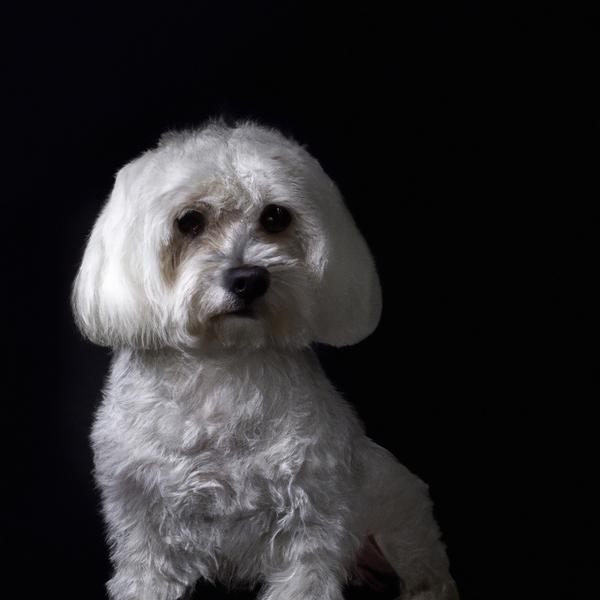
Maltichon
Boxerman vs Maltichon
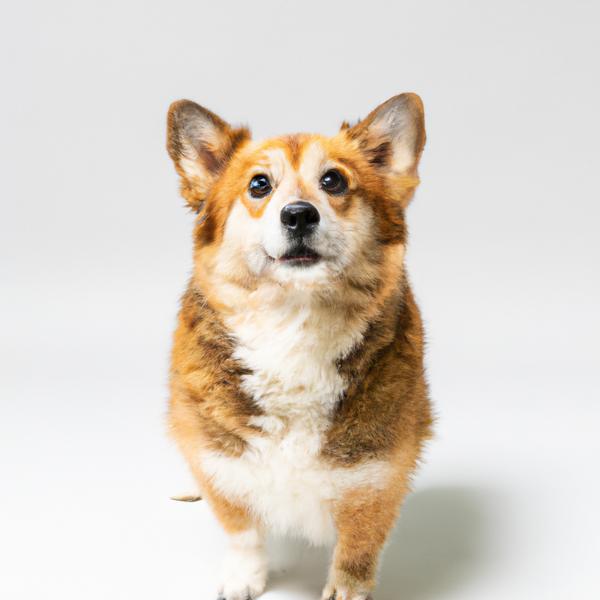
Corgipoo
Boxerman vs Corgipoo
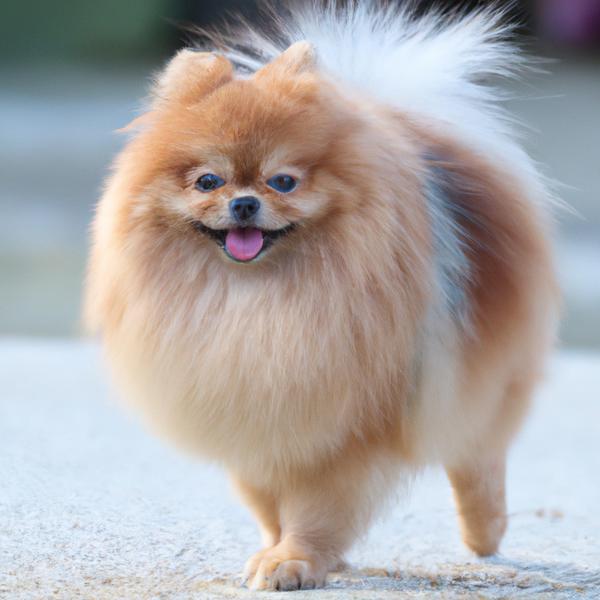
Paperanian
Boxerman vs Paperanian
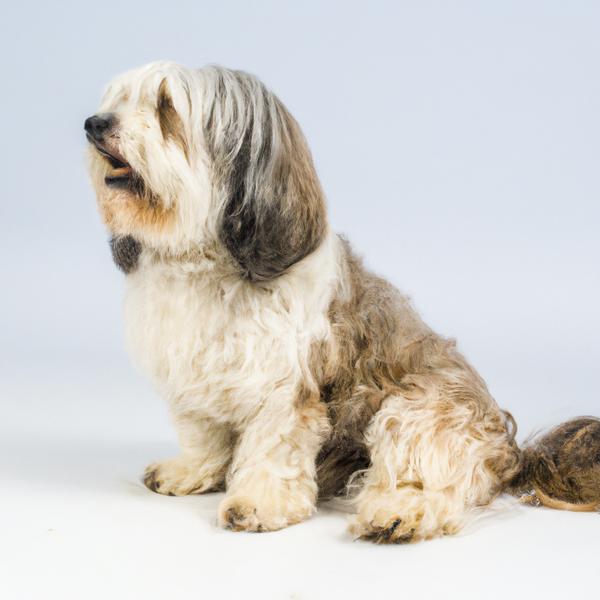
Cavaton
Boxerman vs Cavaton

Tibetan Pug
Boxerman vs Tibetan Pug
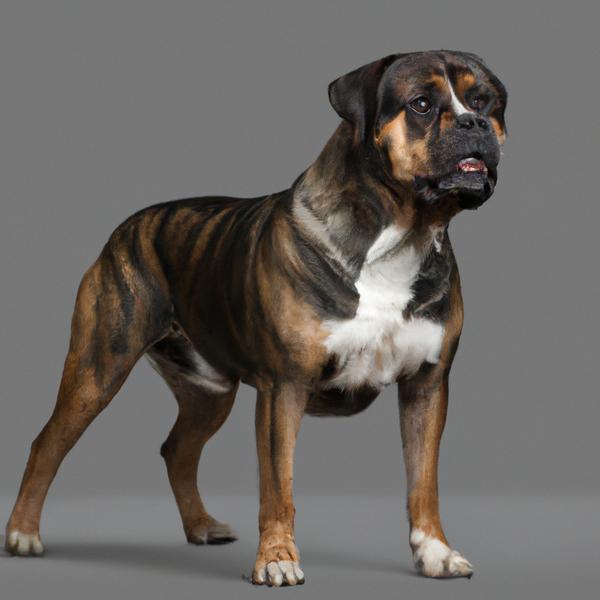
American Bandogge
Boxerman vs American Bandogge
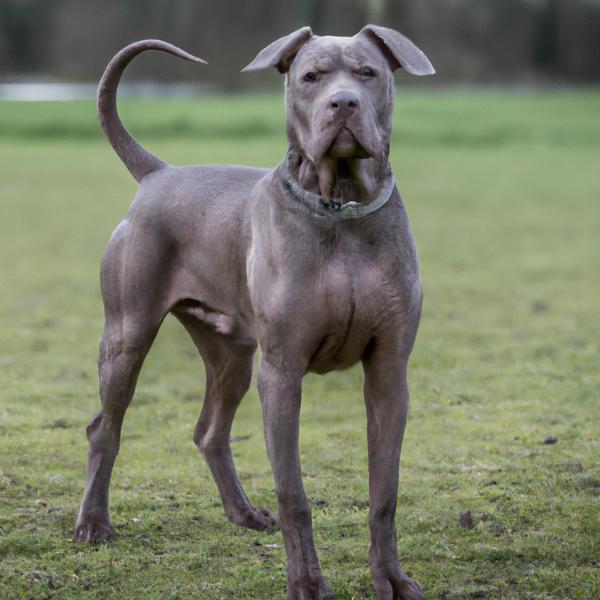
Weim-Pei
Boxerman vs Weim-Pei
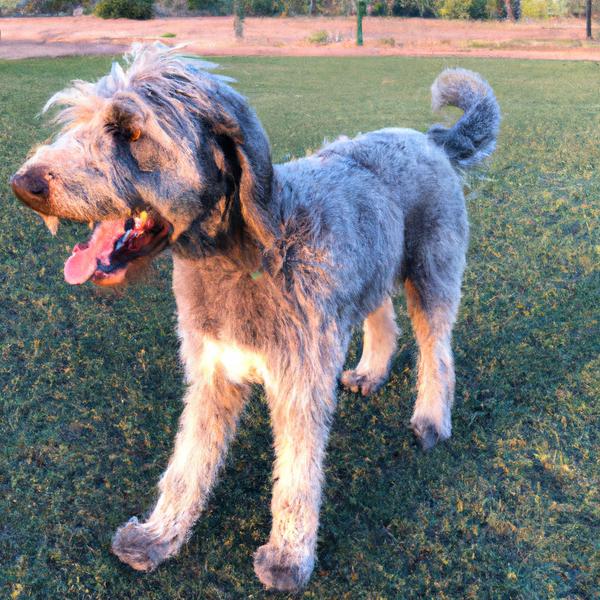
Weimardoodle
Boxerman vs Weimardoodle
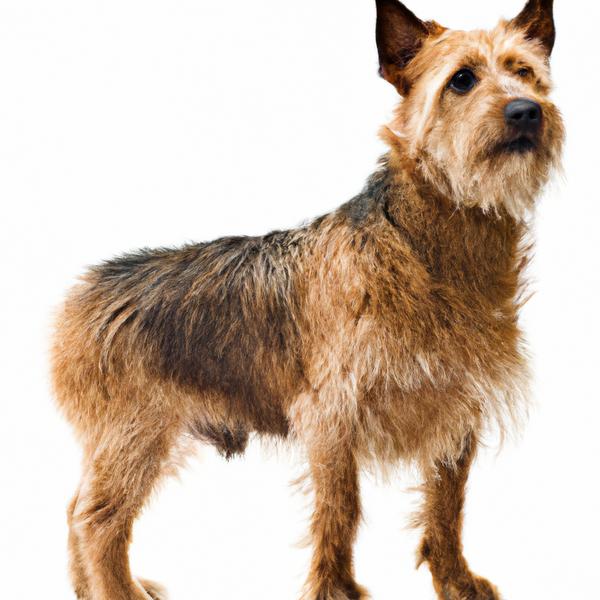
Rustralian Terrier
Boxerman vs Rustralian Terrier
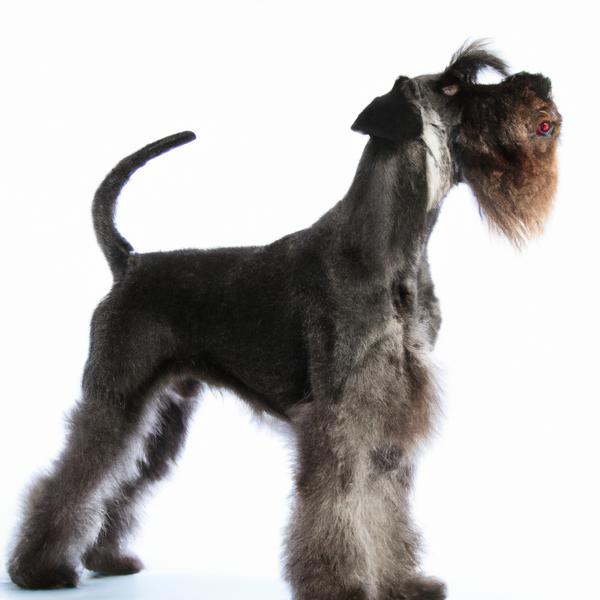
Schnauffen
Boxerman vs Schnauffen
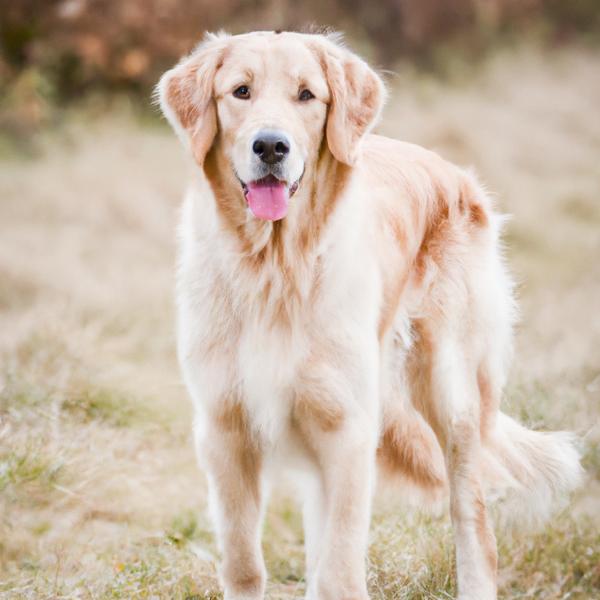
Golden Border Retriever
Boxerman vs Golden Border Retriever
